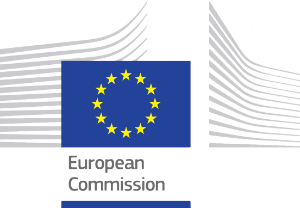The topotheque is an regional historical source of reference, focusing on not only preserving historical material kept in private hands but making it visible to the public. Topotheques already exist in a number of different European countries. This allows for a comparison of regional historical conditions on a European level, making the diversity and common grounds of every-day life tangible. As a virtual collection, the Topotheque is easily expandable and doesn´t have to comply with editorial deadlines or page limits.
The main aim of the Topotheque is to make the historical heritage of Europe digitally available via the Internet – in accordance with up-to-date indexing one can finde image or file content sorted by key words, date and perspective on the map.
It is all about local history and collaborative remembering and knowledge in a moder way of presenting and preserving it for future generations.
The diverse history of a community calls for a modern presentation: The unifying functionalitiy of a database can accomplish the aggregation of dispersed material, documents and knowledge and step in where the sheer amount of images may overstrain the capacities of museums and local chronicles. The Topotheque may be expanded constantly, with search, link and location functionaliities, .
Only regional forces can preserve local history comprehensively and in detail. For this reason, the topotheque managers ought to be anchored in their municipality. With their knowledge of and familiarity with local circumstances, topotheque managers can locate and identify relevant historical sources and in turn ensure high-quality indexing and localization of topotheque entries.
With the functionality of indexation and localization, historical material dispersed in private property can be virtually unified by a topotheque especially. For instance, searching the term “Main street 18” invokes all entries, in which this specific building is documented. Searching for terms such as “stroller” oder “fieldwork” shows all images or texts that include said search terms likewise. Search results of great value can resolve from genealogical research, since many ancestors are traceable by name. The original source material and all rights of use, which go beyond the presentation through a topotheque, remain with the respective right holders!

